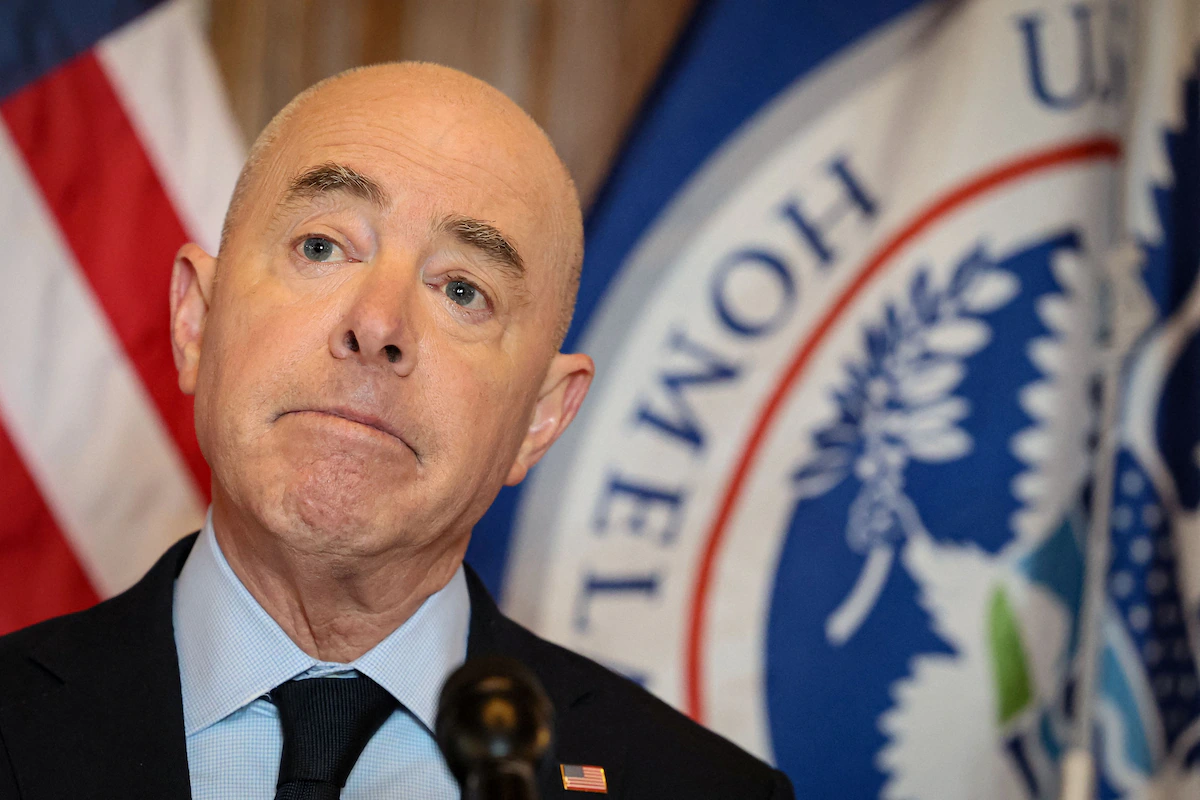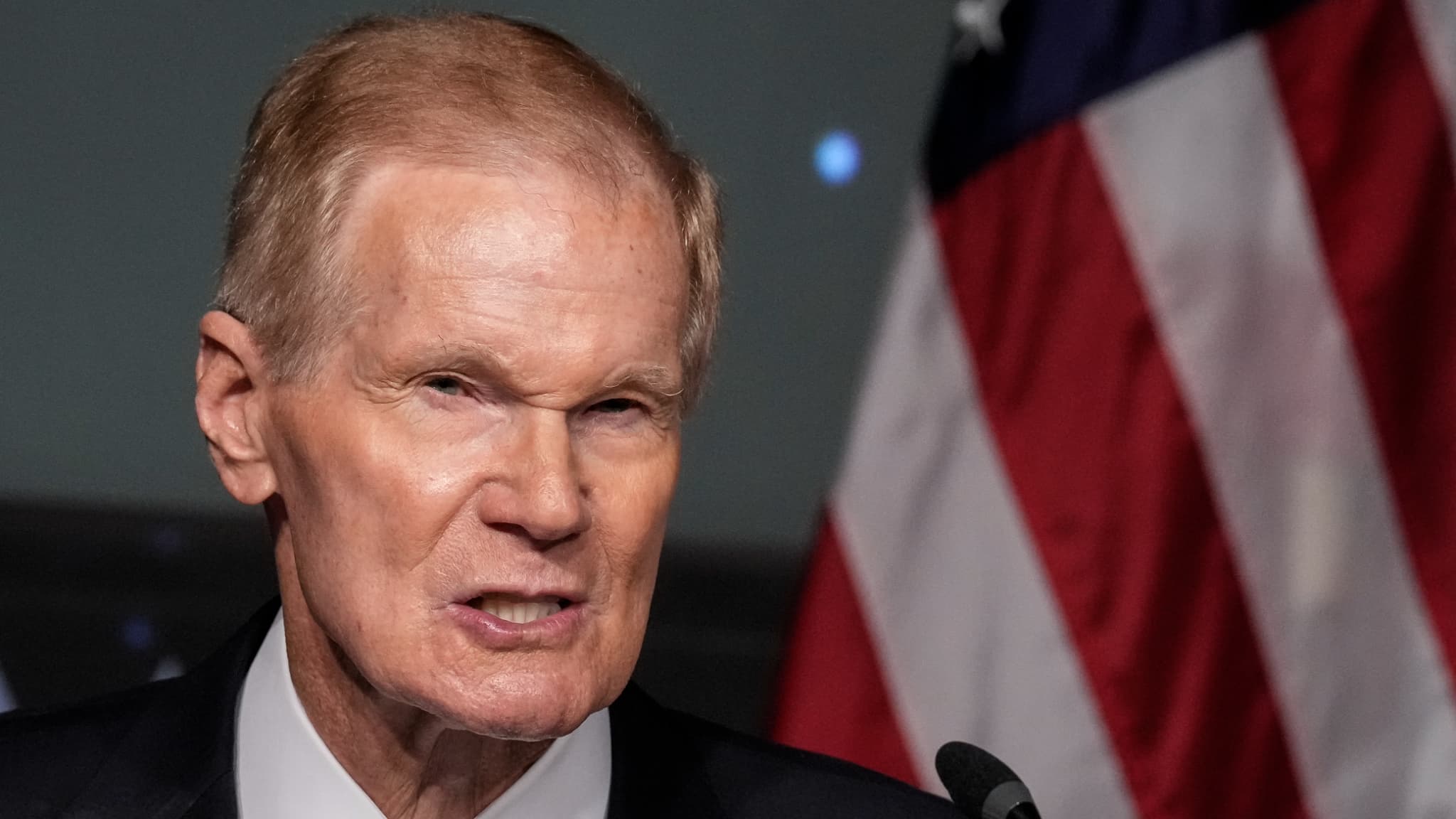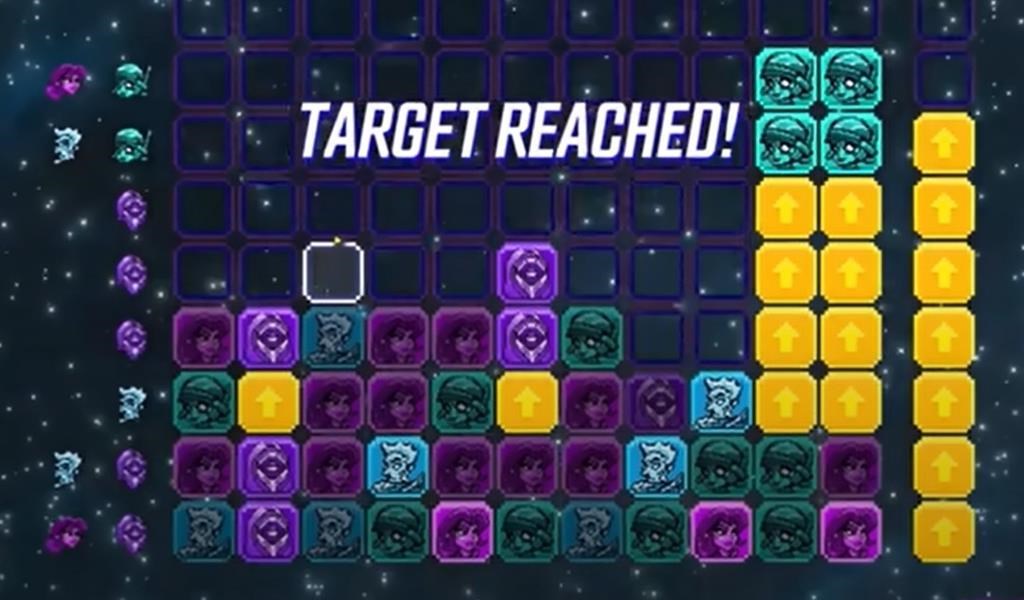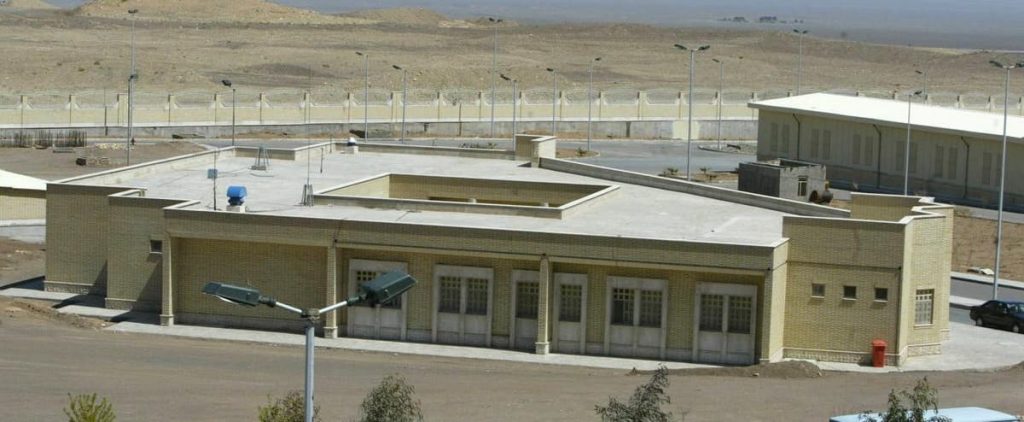Tehran on Monday accused Israel of being behind the attack on its uranium enrichment reactor in Natanz, and promised “revenge” and intensify its nuclear activities with diplomatic efforts to bring the Iran nuclear deal back on track.
Also read: Iran: The Natanz Nuclear Complex Affected by a “Terrorist” Act
More than 24 hours after the incident, the circumstances of the attack, its modus operandi, and the extent of the damage caused remain unclear.
The official IRNA news agency wrote, without further details, citing the head of the Atomic Energy Organization of Iran (OIEA), Ali Akbar Salehi, that this is “undoubtedly possible sabotage, and our security systems have succeeded in determining the source.”
Mohsen Rezaei, former commander-in-chief of the Revolutionary Guards, the ideological army of the Islamic Republic, expressed “a fire in the Natanz nuclear facilities,” considering it a sign of the “danger of foreign infiltration … in Iran.”
For its part, the New York Times quoted Israeli and American intelligence officials that “Israel played a role” in what happened in Natanz, where, according to these sources, a “powerful explosion” would have “destroyed (…) the internal electrical system that supplies equipment. Centrifuges that enrich uranium underground. “
The target station, inside the Natanz nuclear complex (central Iran), is the same one that Tehran commissioned or began testing new batches of centrifuges on Saturday.
‘More powerful centrifuges’
These machines allow Iran to enrich uranium faster and in greater quantities, in quantities and with a degree of refinement prohibited by the agreement that is supposed to frame the Iranian nuclear program concluded in 2015 in Vienna.
On Sunday, the OIEA announced that the factory had been subjected to an “accident” in the morning, which was described as a “terrorist” act that led to a “power outage” without causing any casualties or “pollution”.
Iranian Foreign Ministry spokesman Saeed Khatibzadeh said on Monday that it was “too early” to determine the material damage caused by the attack, noting that the so-called first-generation centrifuges were damaged.
Khatibzadeh accused Israel indirectly of thwarting the ongoing talks in Vienna in an effort to bring Washington back to the 2015 international agreement and lift US sanctions on Tehran.
And he promised that “Iran’s response will be retaliation against the Zionist entity at the appropriate time and place.”
According to Iran, Al-Salhi confirmed that “the emergency electrical system (has started)” on Monday and that “within a few days (will) be replaced by the damaged centrifuges with more powerful centrifuges.”
“Trap”
The agency published a video tape of the OIE spokesperson, Behrouz Kamalundi, who was inserting a tube into a hospital bed with a wound to his face, but he was able to speak publicly. He allegedly sustained several fractures that fell “a few meters away” during an inspection visit to Natanz after the attack.
According to IRNA, Nawab pointed out that the Iranian Foreign Minister, Muhammad Javad Zarif, “insisted (…) on the necessity not to fall into the trap set by the Zionists.”
He reportedly said at a closed meeting in Parliament, “But we will not allow” Israel to disrupt the Vienna talks.
Under President Donald Trump, the United States unilaterally denounced the international Iran nuclear deal in 2018, and re-imposed the US sanctions that were lifted under that agreement.
In response, Iran has since 2019 been freed from most of the major obligations limiting its nuclear activities which it undertook in Vienna. Joe Biden, who took over from Trump in January, indicated his intention to re-enter the Vienna Agreement.
On Monday, Germany, which is participating in these talks, ruled that Tehran’s announcement of intensifying its uranium enrichment activities in Natanz was “not a positive contribution” to the negotiations.
‘Huge job’
The European Union, which is coordinating the talks, said that “any attempt to undermine the ongoing talks in Vienna must be rejected,” calling for “clarification of the circumstances” of what happened in Natanz “very quickly.”
Tehran has always denied its desire to obtain the atomic bomb, but Israeli Prime Minister Benjamin Netanyahu has accused it of seeking to obtain it.
In the beginning of July, an advanced centrifuge assembly plant in Natanz was severely damaged by a mysterious explosion, “sabotage” of “terrorist” origin, according to Tehran.
On Sunday evening, Netanyahu said: “The war against Iran and its proxies and Iran’s arms efforts is a huge task.”
Israel is the only country that possesses the atomic bomb in the Near and Middle East. It destroyed the Iraqi reactor in Osirak in 1981 and in 2007 destroyed a Syrian site it suspected of hosting a nuclear reactor.
At the end of November, a prominent Iranian nuclear physicist, Mohsen Fakhrizadeh, was assassinated near Tehran. Iran attributed this attack to Israel.

“Total coffee aficionado. Travel buff. Music ninja. Bacon nerd. Beeraholic.”







More Stories
Senate: Rapid dismissal of charges against Mayorkas
Volcano erupts in Indonesia, hundreds of residents evacuated
Australia | The Great Barrier Reef has suffered the worst bleaching event ever observed